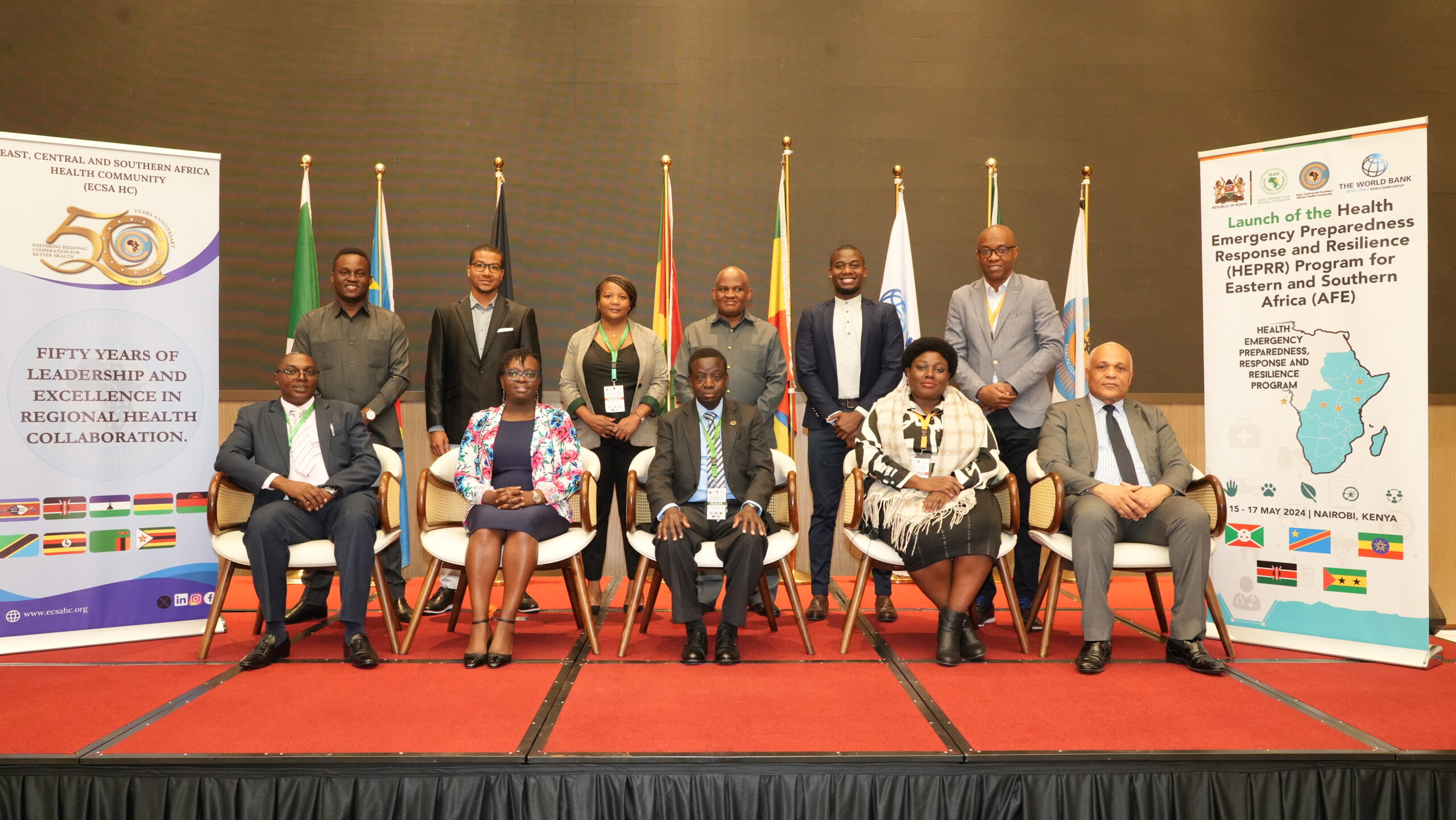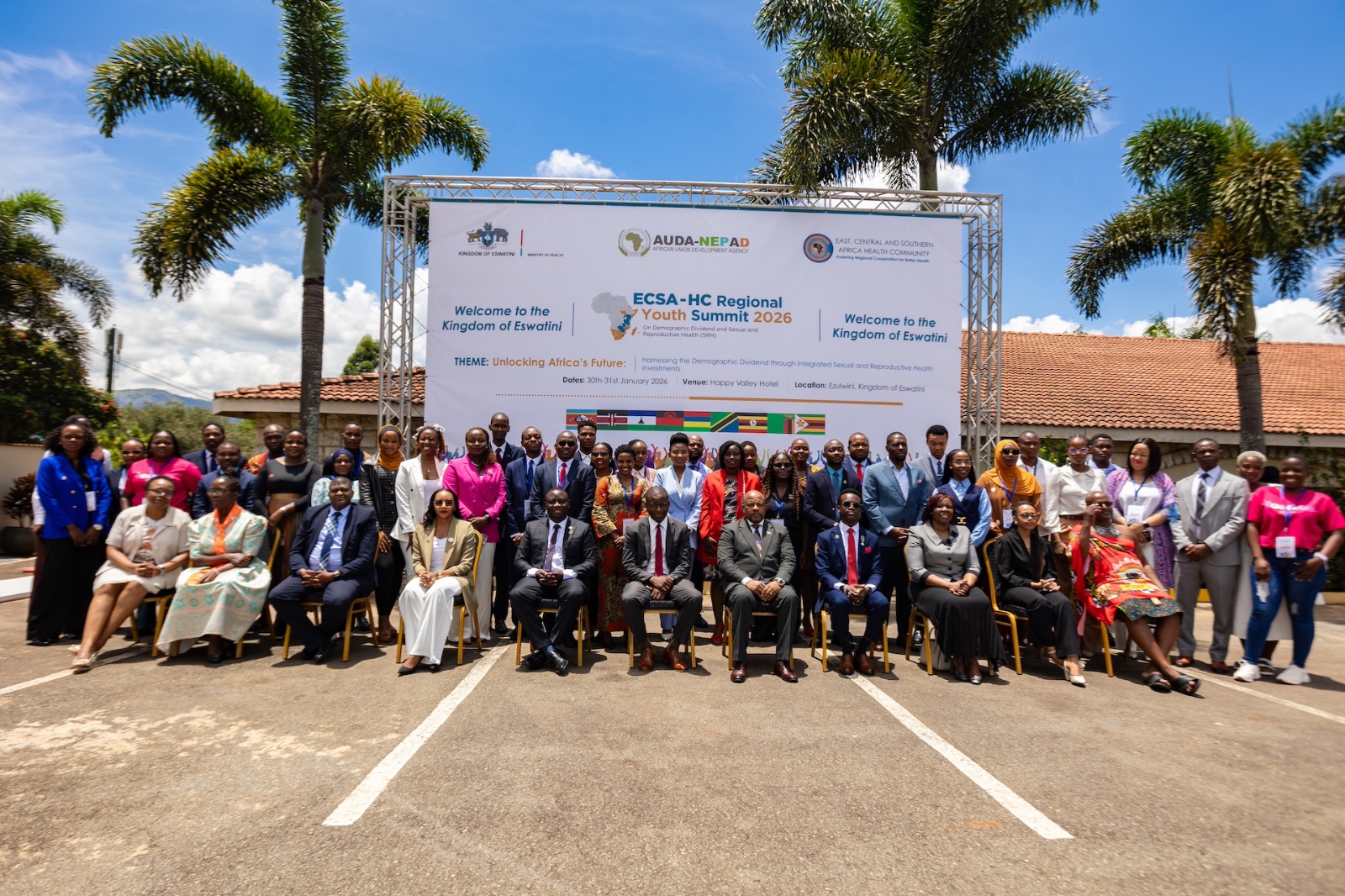ECSA-HC has successfully concluded the 76th Health Ministers Conference (3–5 Feb 2026) in Ezulwini, Kingdom…
Strengthening Health Systems in Eastern and Southern Africa: Launch of the HEPRR Program
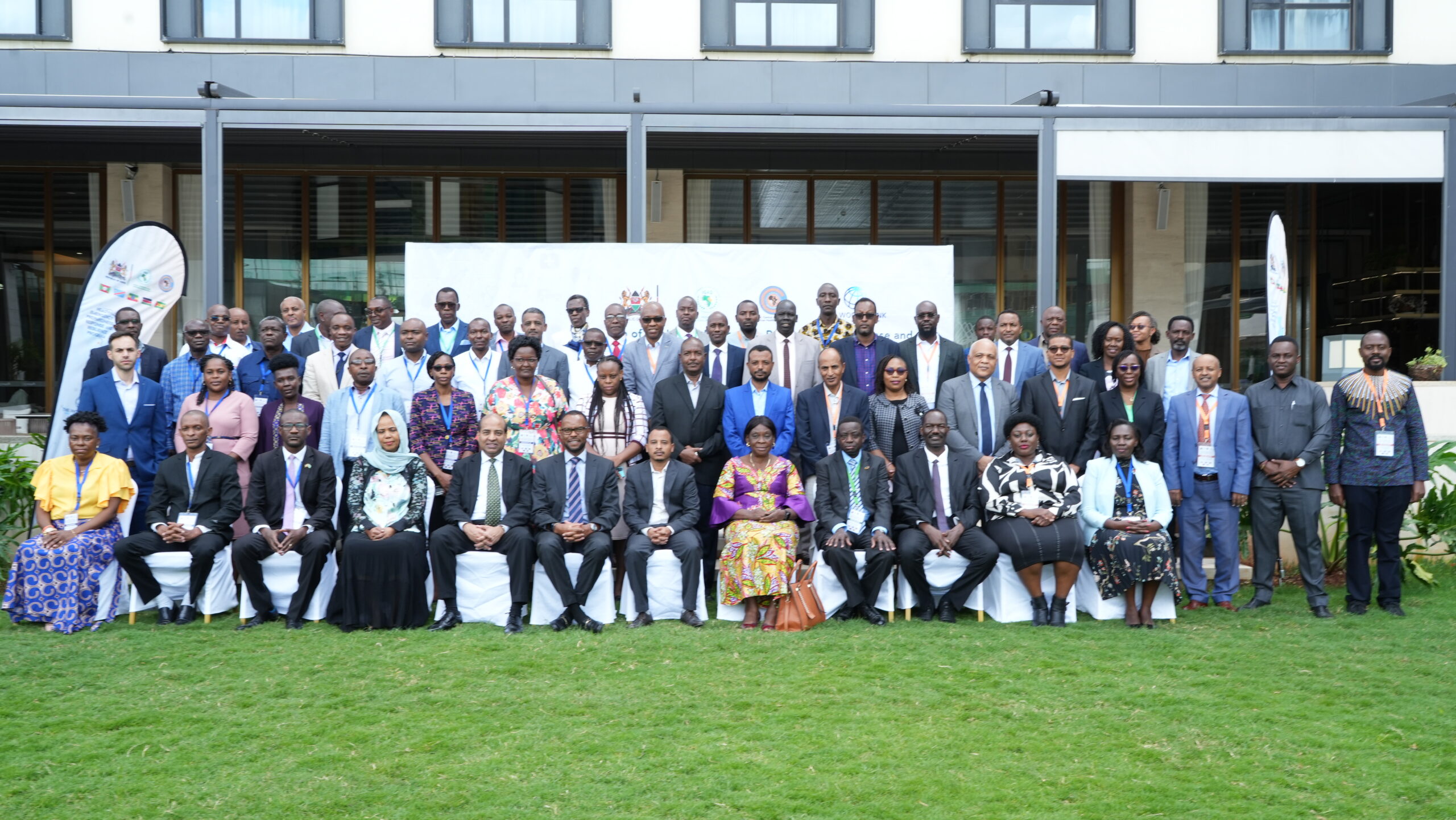
On May 15, 2024, in Nairobi, Kenya, the Health Emergency Preparedness Response and Resilience (HEPRR) Program for Eastern and Southern Africa was officially launched. This significant initiative, orchestrated by the East Central and Southern Africa Health Community (ECSA-HC) in collaboration with the Intergovernmental Authority on Development (IGAD), aims to fortify the region’s health systems to ensure robust preparedness and effective responses to health emergencies.
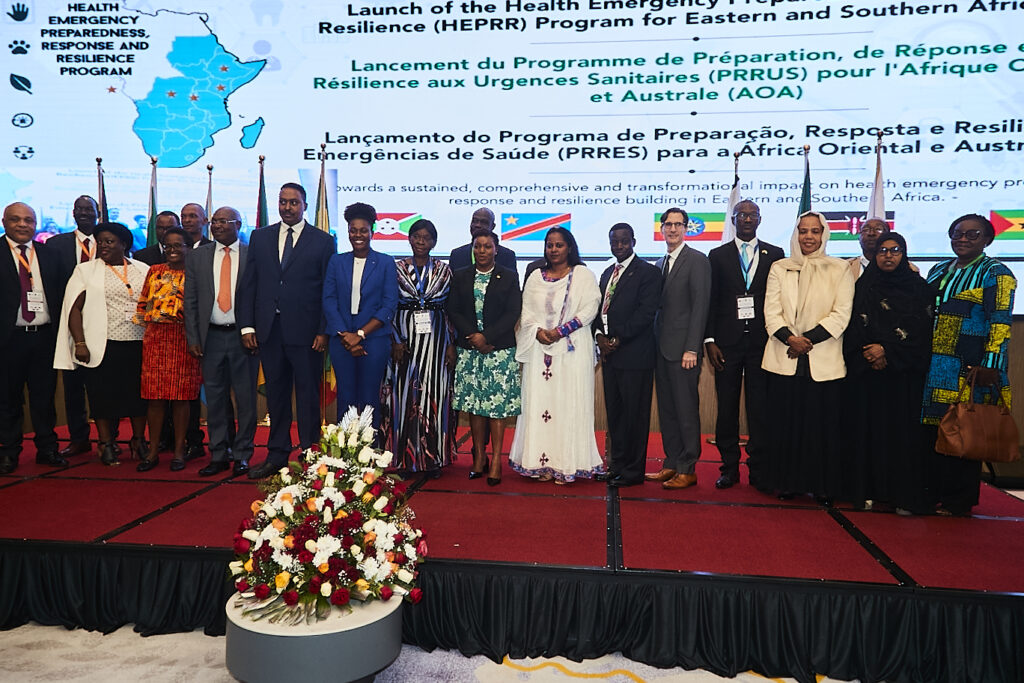 The Eastern and Southern Africa region faces unique and complex health challenges. The persistent threat of health emergencies, exacerbated by climate change, necessitates a resilient health infrastructure. The region has been a hotspot for emerging and re-emerging infectious diseases and a variety of health crises interwoven with endemic diseases. Over the past few years, countries like Kenya, Burundi, Ethiopia, Malawi, Tanzania, and Uganda have grappled with severe outbreaks of COVID-19, cholera, Ebola, and the impacts of devastating floods.
The Eastern and Southern Africa region faces unique and complex health challenges. The persistent threat of health emergencies, exacerbated by climate change, necessitates a resilient health infrastructure. The region has been a hotspot for emerging and re-emerging infectious diseases and a variety of health crises interwoven with endemic diseases. Over the past few years, countries like Kenya, Burundi, Ethiopia, Malawi, Tanzania, and Uganda have grappled with severe outbreaks of COVID-19, cholera, Ebola, and the impacts of devastating floods.
For instance, COVID-19 underscored the global vulnerability to pandemics, straining healthcare systems and economies alike. Similarly, recurrent cholera outbreaks have impacted multiple countries, with Ethiopia and Kenya reporting significant cases in recent times. Ebola outbreaks in Uganda and the Democratic Republic of the Congo (DRC) have also highlighted the critical need for preparedness and swift response mechanisms. Additionally, climate change has intensified the frequency and severity of natural disasters like floods, further complicating health crises and underscoring the need for climate-resilient health systems.
Climate change is a driving force behind many health emergencies in the region. It has led to increased frequency of floods, which create breeding grounds for waterborne diseases like cholera and exacerbate the spread of vector-borne diseases such as malaria and dengue fever. As environmental conditions shift, new health challenges emerge, necessitating a comprehensive approach to health emergency preparedness that includes climate resilience.
The HEPRR Program is a strategic response to these challenges. It adopts a Multi-Phase Programmatic Approach (MPA), starting with Phase I in Kenya, Ethiopia, and Sao Tome and Principe, with subsequent phases incorporating additional countries. This phased approach allows for flexibility and adaptability, leveraging insights from earlier phases to enhance the program’s impact. The program focuses on strengthening the preparedness and resilience of regional and national health systems through four main components:
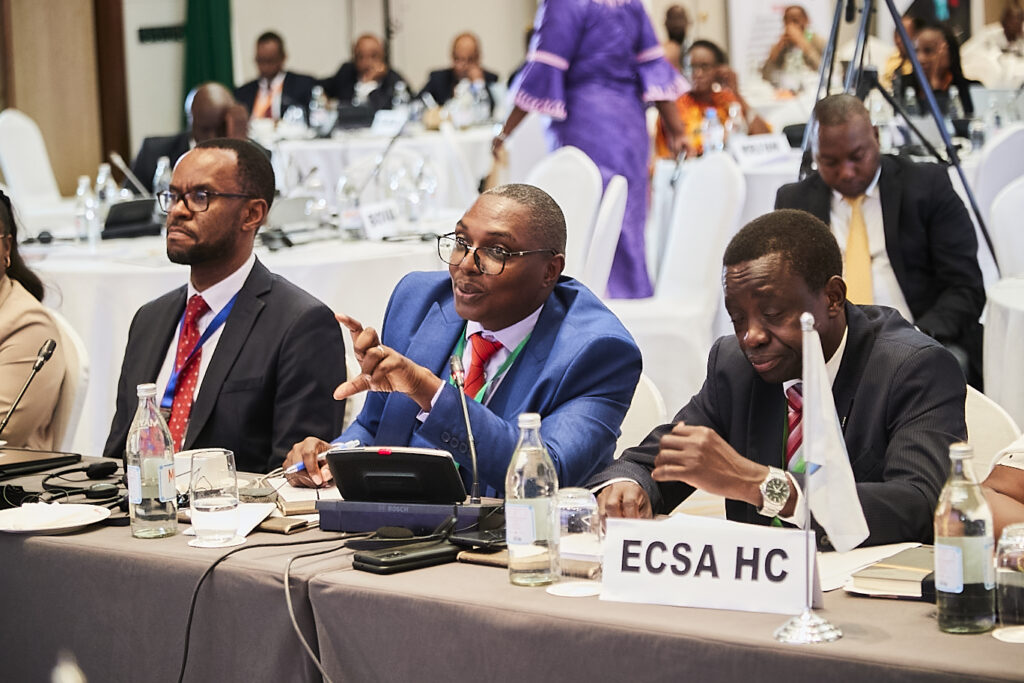 Strengthening Health System Resilience: Enhancing multisectoral planning, financing, and governance for health emergencies, developing the health workforce, and supporting the continuity of essential health services.
Strengthening Health System Resilience: Enhancing multisectoral planning, financing, and governance for health emergencies, developing the health workforce, and supporting the continuity of essential health services.- Improving Detection and Response: Boosting surveillance, laboratory diagnostics, and emergency management capacities, and ensuring accelerated access to countermeasures.
- Program Management: Ensuring effective monitoring and evaluation, and fostering regional collaboration through knowledge exchange and technical assistance.
- Contingent Emergency Response: Facilitating rapid access to financing in the event of natural disasters.
Direct beneficiaries include the general population of the participating countries, particularly vulnerable groups such as infants, children, adolescents, mothers, and the elderly. The program also supports local vaccine and pharmaceutical manufacturing, a critical aspect highlighted by Keith Hansen, World Bank Country Director for Kenya, who stressed the importance of domestic production in effective health emergency responses.
The launch of the HEPRR program was attended by ministers from participating countries, including Ethiopia and Sao Tome and Principe. Kenya’s Health Cabinet Secretary, H.E. Susan Nakhumicha, emphasized the urgency of preparedness, stating, “Infectious diseases remain a serious challenge.
It’s not a matter of if but when the next pandemic hits.
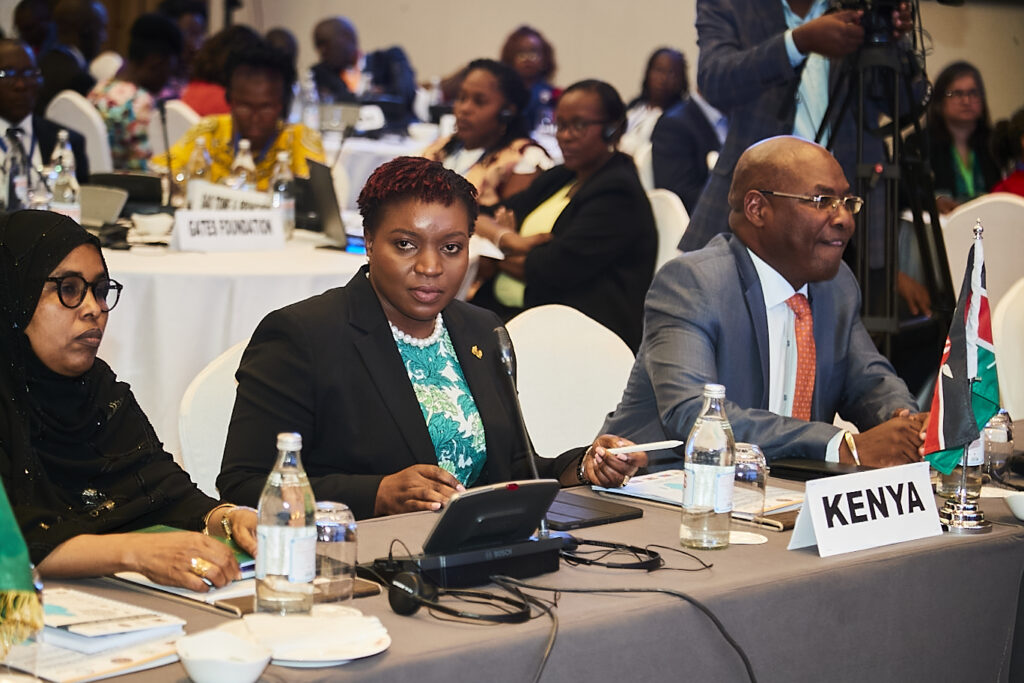
” ECSA-HC Director General, Prof. Yoswa Dambisya, commended Kenya’s recovery from recent floods, illustrating the necessity of robust health systems.
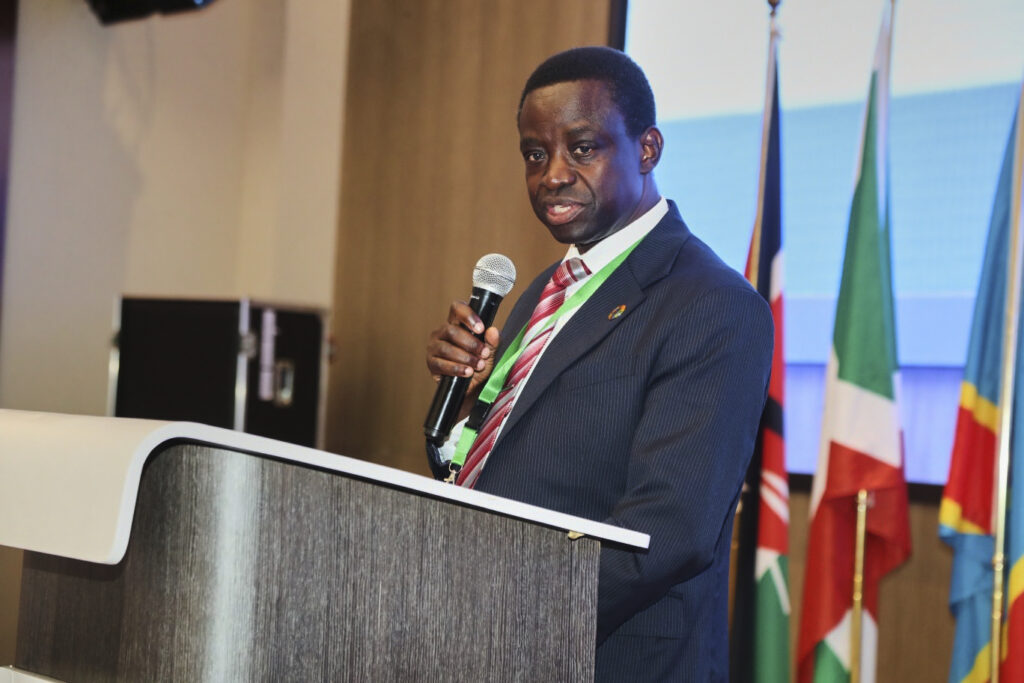
Workneh Gebeyehu, Executive Secretary of IGAD, remarked on the program’s timeliness, noting its role in aiding the region’s recovery from various outbreaks and highlighting the importance of regional collaboration and knowledge exchange.
The World Bank’s financial support of $1 billion over seven years underscores the global commitment to this vital initiative. This funding will enable the program to expand and strengthen health systems across Eastern and Southern Africa, ensuring a resilient response to future health emergencies.
